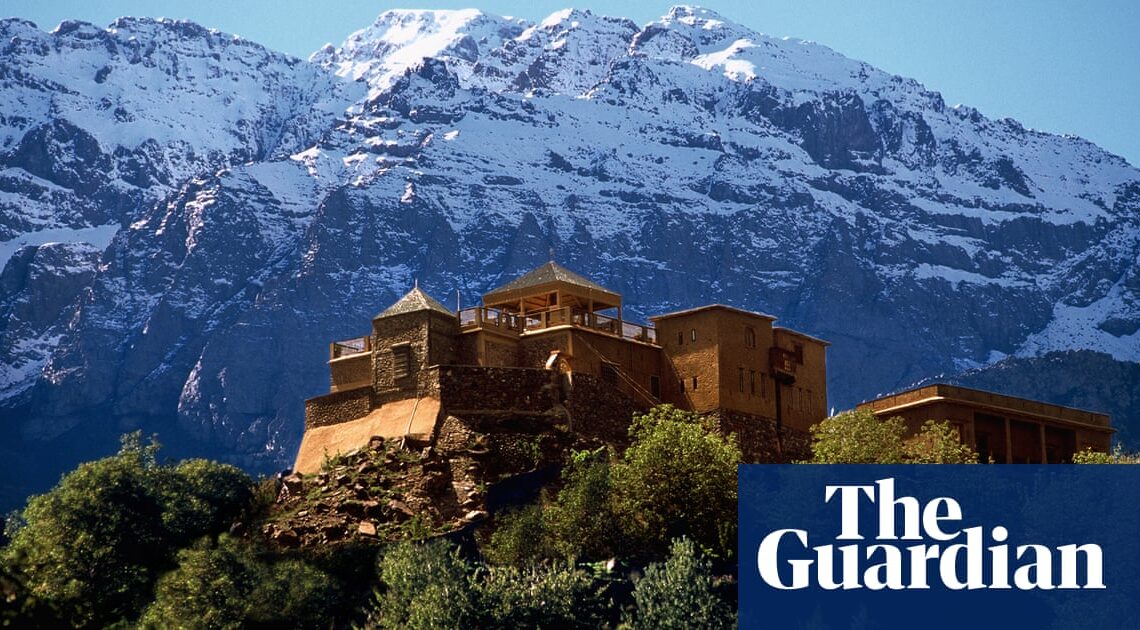“My family is safe,” our tour guide Sara Chakir said as we huddled in the streets outside Fez’s medina, waiting for aftershocks until the early hours. Morocco’s 6.8 magnitude earthquake had struck last Friday, 350 miles away in the Al Haouz region of the High Atlas mountains at just after 11pm. It was enough to send our riad swaying, but there was no apparent damage to people or place. It was only in the morning that the scale of destruction elsewhere was clear. Another tour guide, Hossain ait Mhand, said: “My family is fine, but others in their town are not so lucky – homes have been flattened.”
I was on my way to a conference in Marrakech, about 40 miles north of where the earthquake was centred, but detoured home. Those already in the city saw blood bank queues snaking around the streets after a government call out. Marrakech’s medina experienced damage, and 50 people were reported to have died there. Tourists trickled out of the city.
Three days later, the death toll was almost 3,000, and with more than 5,000 people injured. Some of Morocco’s most remote communities were the hardest hit, making recovery efforts difficult. Some villages are still waiting for relief; in others, rescuers have little hope – ancient clay buildings have crumbled entirely. The village of Tafeghaghte, for example, has lost 90 of its 400 residents.
Though the Al Haouz region is a popular hiking destination edging into peak season, tourists have been relatively unharmed.
Chris McHugo, co-owner of the community-run hotel Kasbah du Toubkal, said: “Here in Imlil, the damage is less than in other places. It’s partly because tourism has funded building work here, meaning the village is more structurally sound than others. The old part of our kasbah is damaged, but the rooms were unharmed.”
Others have not been as fortunate. In the quiet village of Agnie, a beautiful, locally owned lodge I visited last year, Chez Momo II, has been badly damaged.
Just down the road in Asni, Education For All, a charity providing boarding and support so that girls from the region’s most remote communities can go to school, has been devastated by the earthquake. Its chief executive, Sonia Omar, has said it will have to rebuild at least five of the…
Click Here to Read the Full Original Article at Travel | The Guardian…
